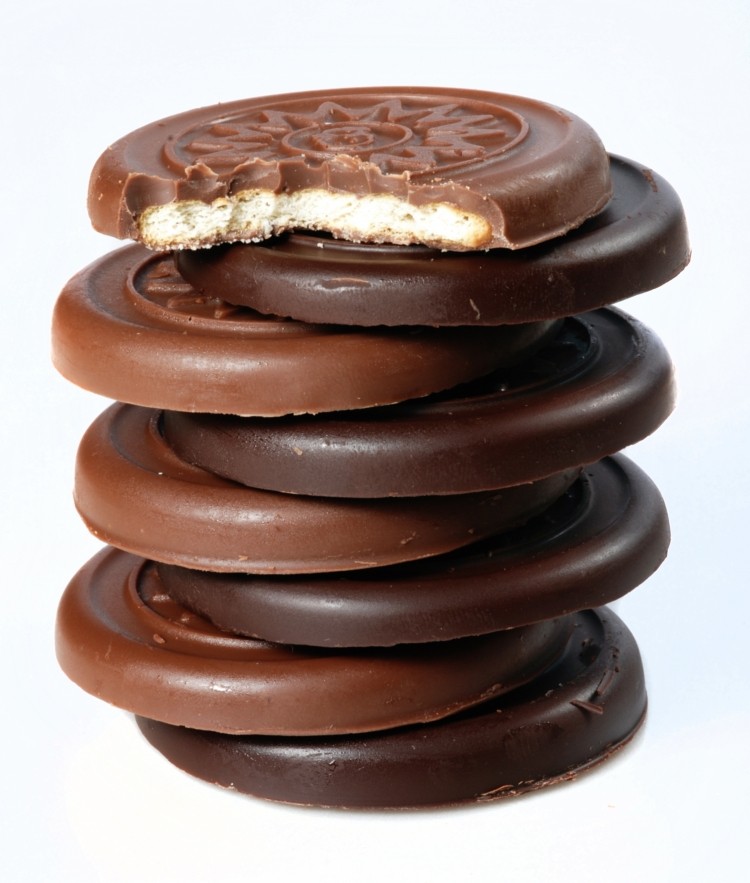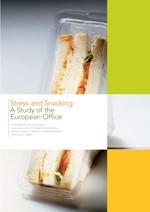Study sounds warning over high-calorie food

Their calls come after a study at the University of Birmingham showed that health messages about the effects of ‘junk food’ reduced participants’ consumption of high-calorie snacks.
Moreover, a similar reduction in intake was witnessed when people were exposed to social norm messages something researchers have previously not explored.
The 129 students who took part in the study were assigned to one of three conditions: a social norm condition where a poster stated ‘students eat less junk food than you might realise’, a health condition where the poster read ‘limiting junk food to one or less than one serving a day is good for your health’, or a control group.
After exposure to the poster messages, participants were invited to eat from a buffet featuring three high-calorie snacks and three fruit and vegetable items.
32% fewer high-calorie snacks
The results, published in the International Journal of Behavioural Nutrition and Physical Activity, showed students in experimental conditions ate 32% fewer high- calorie snacks, which equated to 70 fewer calories in a single session.
"These findings are promising, given that healthy eating interventions typically only promote modest changes to dietary behaviour," the researchers, headed by Eric Robinson from the University of Liverpool, stated.
"The messages had similar effects on high-calorie snack food intake across high and low consumers of junk food. Total energy intake was also lower in the experimental conditions versus control condition, suggesting that the messages cut junk food intake," the report added.
‘Priority’
The researchers argued that it should be now be a priority to develop public health messages encouraging people to limit their consumption of high-calorie foods.
"The widespread availability and intake of these foods is thought to be a significant contributor to rises in [body fat]. Although much research has tested the types of interventions that could encourage people to increase their intake of fruit and vegetables, messages targeting junk foods have received less attention," the paper stated.
"The results from the present study indicate that messages about the health benefits and social norms surrounding ‘junk food’ intake are associated with reduced intake of high-calorie snack food in young adults."


















